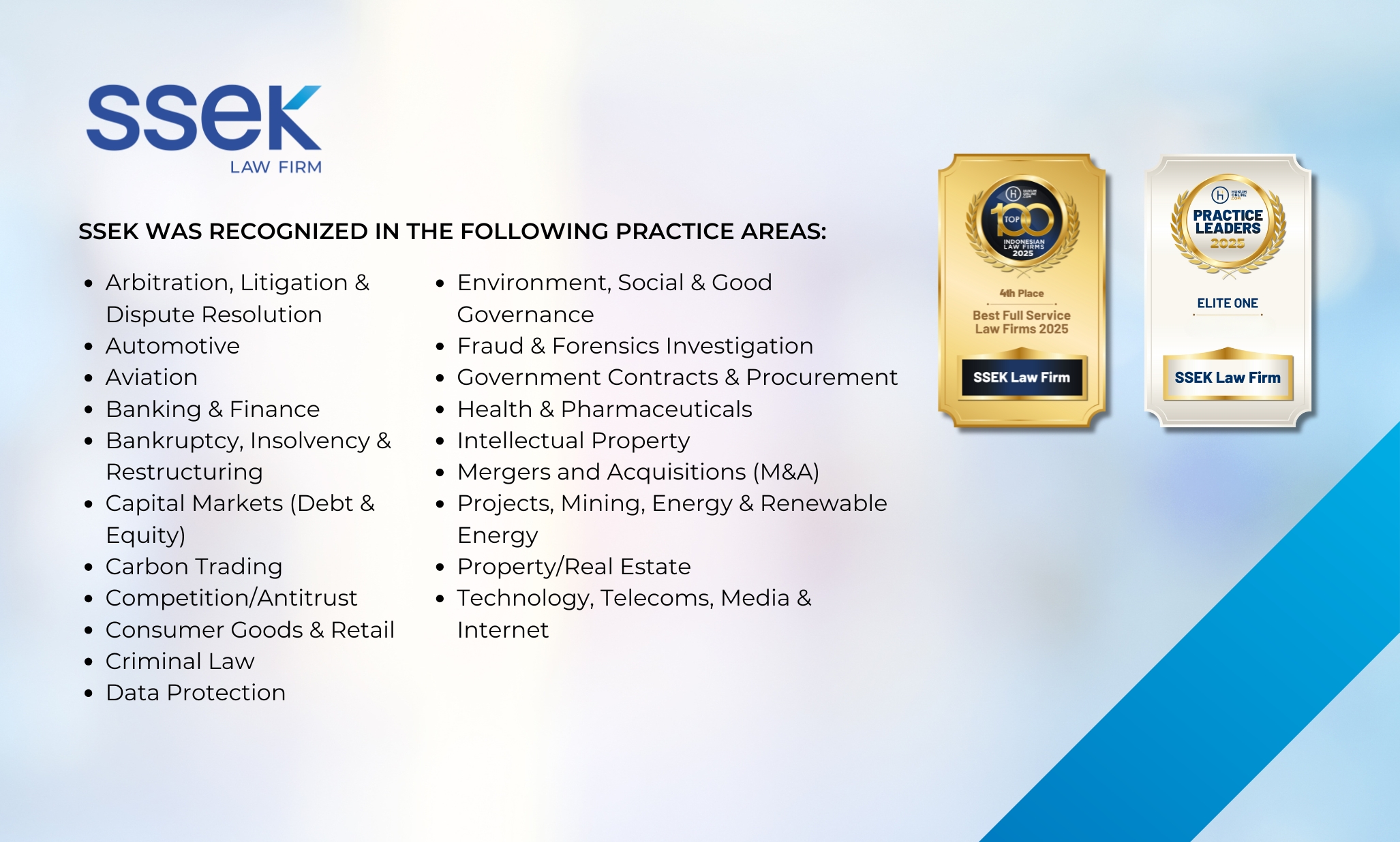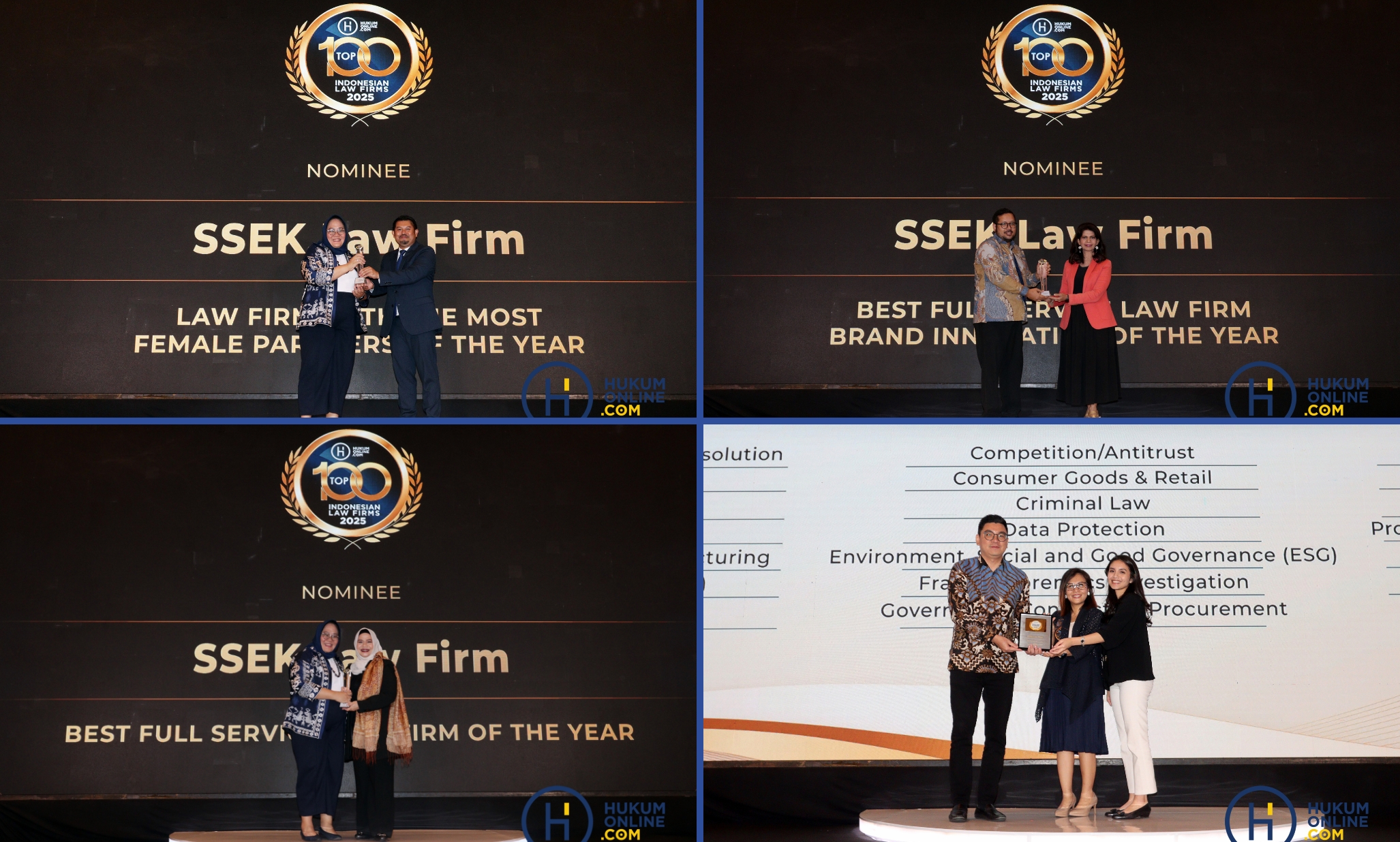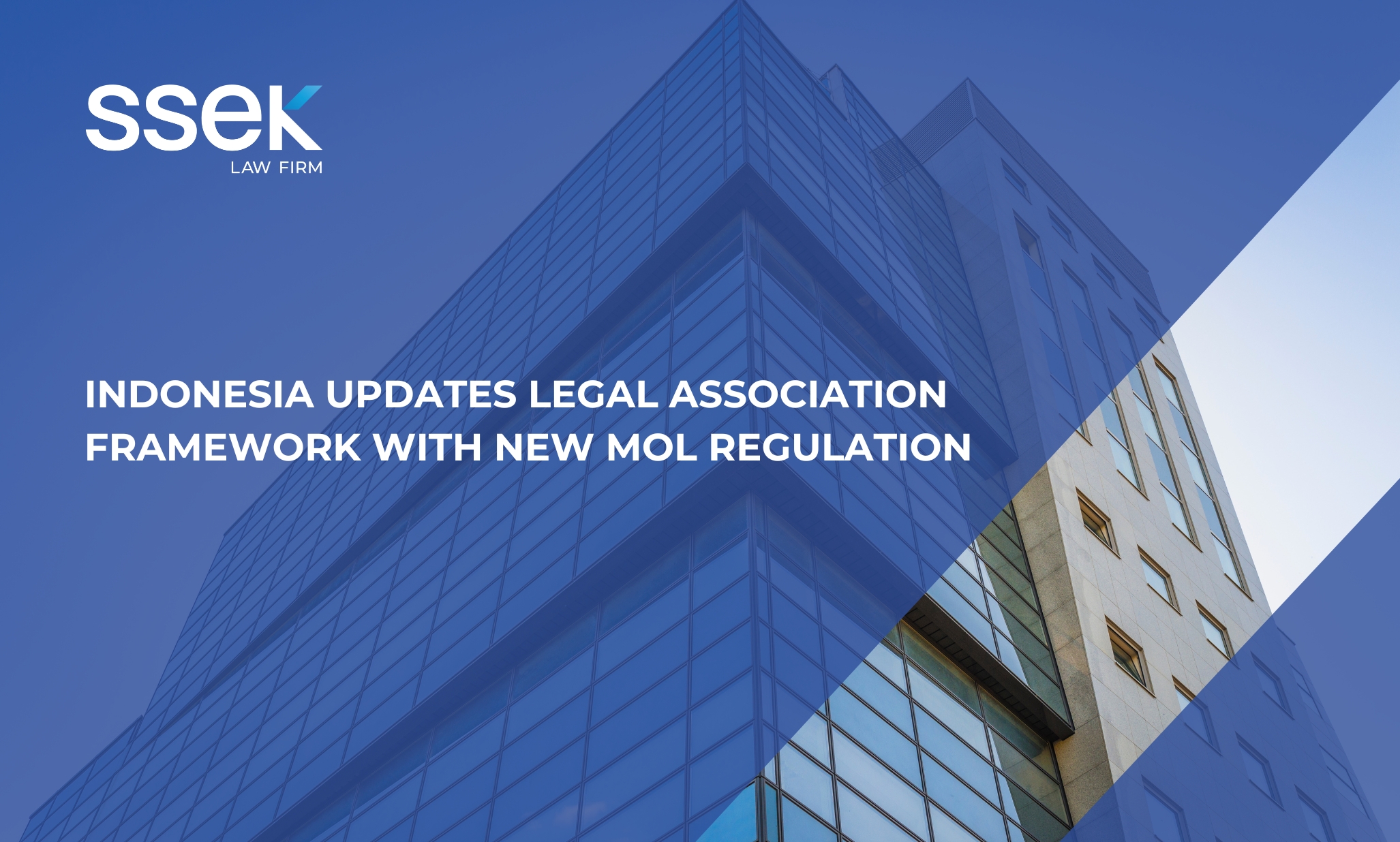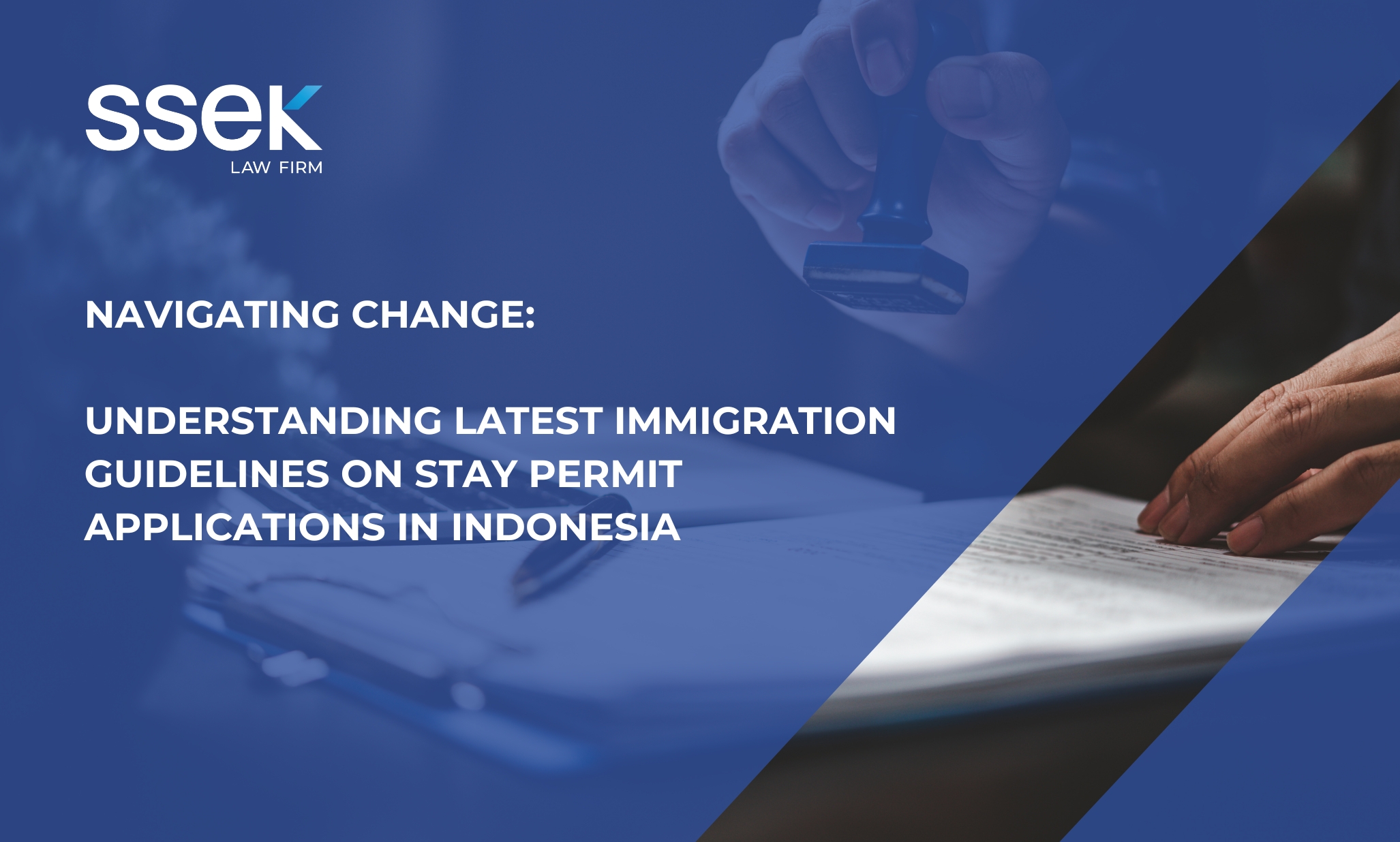

Microfinance Institutions ("MFIs") play an important role in Indonesia, dispensing financial support to people and small businesses that might not have qualified in the traditional banking system. Until recently MFIs largely operated without a comprehensive regulatory framework to guide their operations, and with little supervision.
After a long wait the Government has issued a framework for MFIs, as provided by Law No. 1 of 2012 (the "MFI Law") regarding Microfinance Institutions, which was enacted on January 8, 2013. The MFI Law governs all aspects of MFIs, from their establishment to their areas of operation and their permitted activities.
The MFI Law is seen as a tool to give these institutions the support they need to provide financial and other types of support to small entrepreneurs. The new law states that MFI activities include providing loans or financing, managing deposits, and providing business consulting services. MFIs, according to the MFI Law, can operate based on a conventional or Shariah basis.
There are a number of prohibitions in the MFI Law. MFIs cannot conduct business outside of their licensed geographical area, either a village, a district or a regency/city. An MFI that engages in business across different regions will be required to transform itself into a bank. Also, the law prohibits MFIs from offering giro, acting as a guarantor, or providing loans or financing to other MFIs unless such financing is designed to save the other MFI from liquidation.
Under the MFI Law, several requirements must be fulfilled for the establishment of an MFI. The MFI must be established in the form of a legal entity that is either a cooperative or a limited liability company ("PT"), and it has to meet the capital requirements. It also must obtain a business license from the Financial Services Authority ("OJK").
Foreign nationals or any entity owned by foreign nationals or a foreign-owned enterprise are prohibited from owning an MFI.
The OJK is given extensive powers under the MFI Law to develop, regulate, and supervise MFIs. The OJK is authorized to approve the restructuring of an MFI through either a merger or consolidation, and it can also approve the liquidation of an MFI.
Rather vaguely, the MFI Law stipulates that the OJK shall support both MFIs and their customers in micro-financing transactions. What this means in practice will be in large part determined by regulations to be issued by the OJK that should contain further details on MFI activities, licensing procedures, and the procedures for dissolving an MFI. The MFI Law does not come into effect until 2015, giving MFIs and small entrepreneurs two years to adjust to the new requirements.
About SSEK
SSEK is a leading full-service corporate and commercial law firm based in Jakarta, Indonesia. Since its founding in 1992, SSEK has grown to one of the largest and most highly regarded corporate law firms in Indonesia. SSEK is recognized by independent legal directories including Chambers & Partners, The Legal 500 and Asia Law as a leading law firm in Indonesia across all major practice areas including banking and finance, capital markets, corporate law and mergers and acquisitions, construction and real estates, energy and natural resources, IT and telecommunications, labor and employment, project finance, restructuring and insolvency, and shipping. SSEK has been named the Indonesian Law Firm of the Year on multiple occasions.
This publication is intended for informational purposes only and does not constitute legal advice. Any reliance on the material contained herein is at the user's own risk. You should contact a lawyer in your jurisdiction if you require legal advice. All SSEK publications are copyrighted and may not be reproduced without the express written consent of SSEK.









